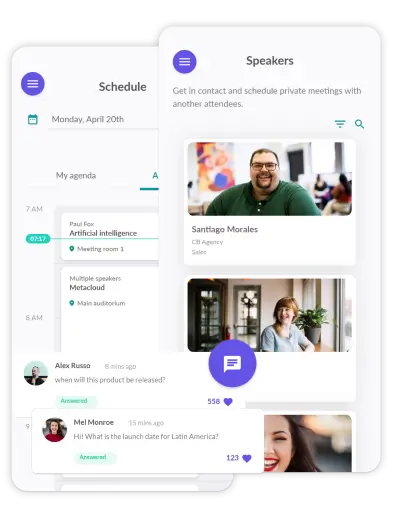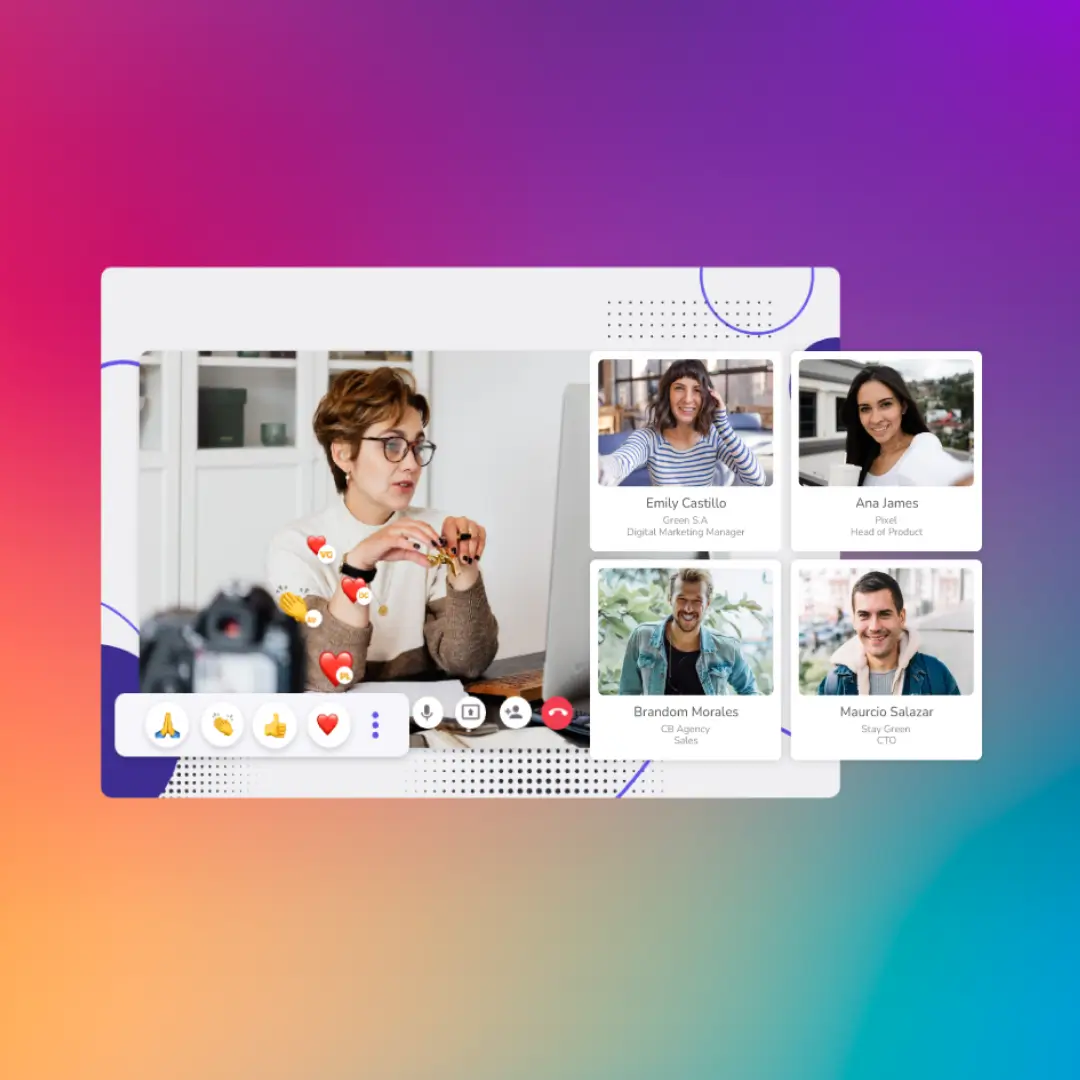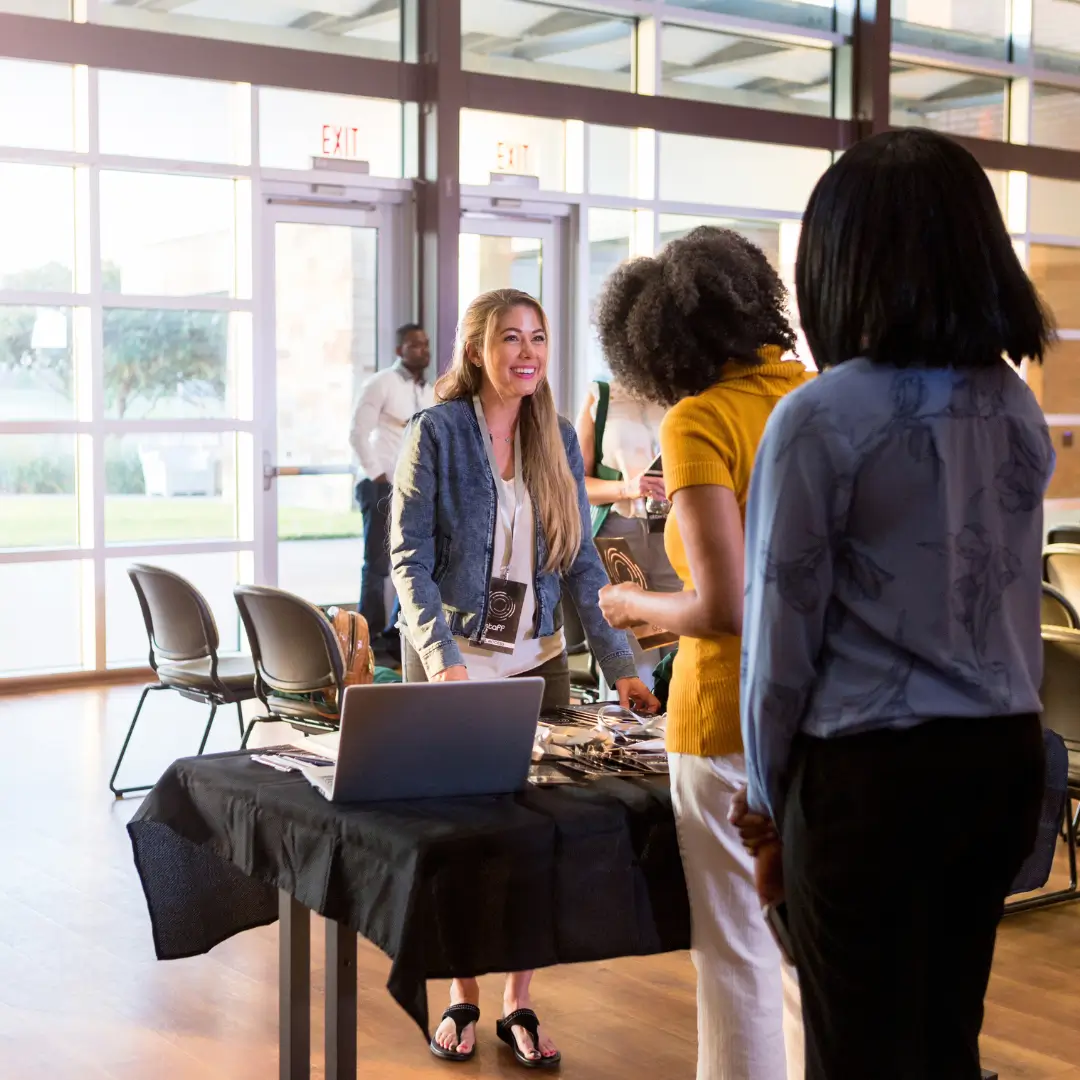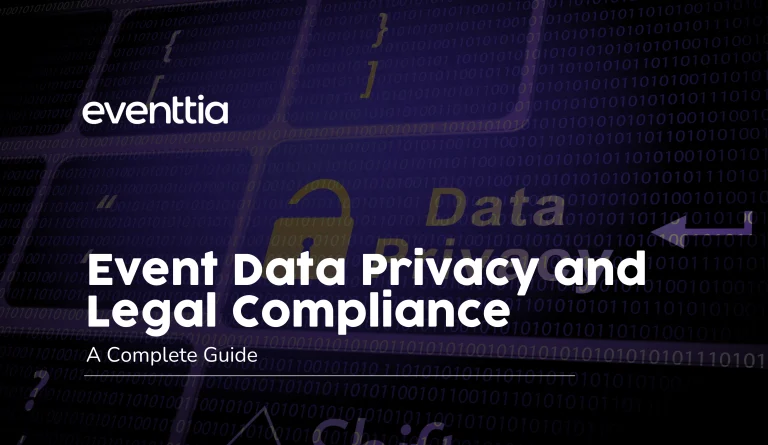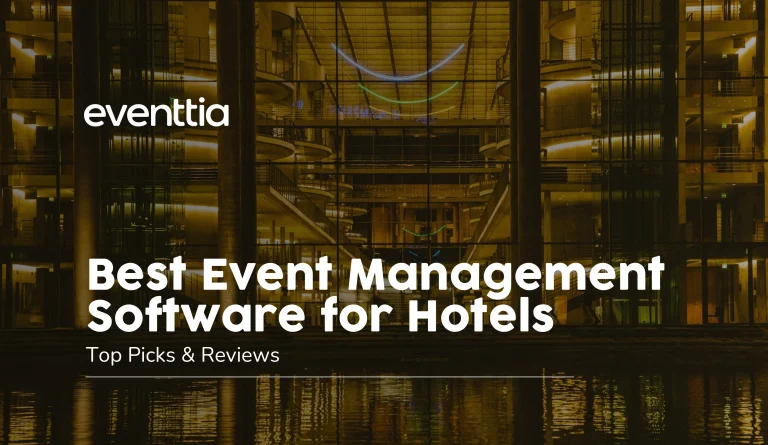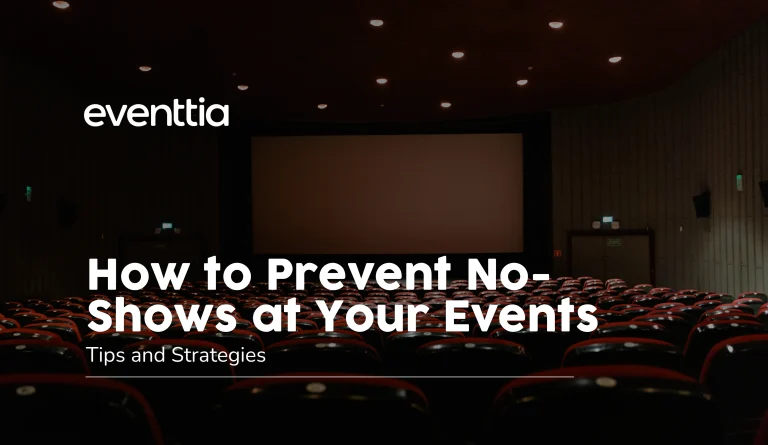Let’s face it: Flat event experiences equal unhappy guests. Unhappy guests equal failed events.
No matter how much hard work you put into planning your conference, B2B meeting, or seminar, if you don’t deliver valuable experiences, your efforts will be in vain.
This task is difficult to achieve, especially when you’re so busy dealing with logistics. Designing a good event experience involves complexity and knowledge. It may take some time until you’ll master this aspect of planning events.
Read this article to learn how to achieve mastery in designing a worthy event experience and avoid frustrating your attendee. Let’s go.
So what is a valuable event experience?

According to Dr. Graham Berridge, the entire idea of planning events is to package and manage experiences.
As he explains, “The experience itself is the by-product of a consciously designed environment where clear decisions have been made.”
Obviously, there are different event experiences, varying in meaning and impact.
From unworthy and frustrating to meaningful and outstanding, you can identify a wide range of circumstances that will directly affect your attendees.
Considering this, what exactly makes an event experience truly valuable?
Here’s a quick list of features:
Positive anticipation
Your guests’ experience starts long before the event. From the moment they register, attendees start to anticipate and build their expectations about the event.
A meaningful marketing campaign can strengthen the positive anticipation and predispose the guests to build up a favorable attitude toward the event.
Promise versus reality
As Berridge argues, “Our pre-experience phase is awaiting a cognitive response from us from the moment we arrive at the event and where the extent to which it is satiated is then dependent upon the relationship between promise and reality.”
At this point, you’ll either reinforce the attendees’ positive viewpoint by delivering something beyond their expectations. As Berridge indicates, “the experience will fall flat often in direct relation to the marketing pre-experience we had been exposed to.”
Value exchange
Meaningful event experiences provide a powerful platform for value exchange. Whether it’s knowledge transfer or the new connections from networking, all these small wins will guarantee a valuable event experience.
The well-being factor
You can’t generate a meaningful experience strictly based on cognitive processes. It also has to involve the emotional state of your attendees. Taking this into account, a valuable event experience will strengthen your guests’ overall well-being.
Affirmative recollection
The attendees’ experience doesn’t end with the event. On the contrary, it continues long after. That’s the time when your guests will assess and acknowledge what happened to them at the event, and determine whether they’ll remember it as a positive or negative experience.
A valuable event experience will transform into an affirmative recollection that will help your guests to associate your brand with a pleasant memory.
These features accompany a valuable event experience.
Considering this, let’s look at what could disrupt your attendees during the event and compromise their experience.
How to ruin your attendees’ event experience in 5 steps

Look, it’s impossible to please everyone, especially when you’re an event host or planner.
But there are some important event experience-related errors you may make that could frustrate your guests.
Unfriendly event technology
Whether it’s an event mobile app or event management software, event technology that isn’t user friendly will impact the way your attendees feel or perceive the event itself. How can this happen?
Let’s use the example of accessing the registration form. If the system doesn’t recognize a user who’s trying to register or the payment options aren’t linked to the same page, you have a problem.
The harder it is to navigate the event logistics or environment, the more likely your guests are to become frustrated. Let’s take another example: the event mobile app. If it’s not comprehensive enough or hard to use, you’ll probably lose a few points.
Poor knowledge transfer
Like it or not, people will attend your events to gain access to valuable insights. The learning itself is an important event experience you can’t dismiss.
That’s why it’s so important to take great care of this part.
Unfortunately, planners usually tend to forget about it, thinking that the speakers are responsible for the knowledge-transfer portion of the event. False. Everything that has to do with the learning experience starts with the event planning.
For example, the attendees may be negatively affected by the venue layout, or they may lack engagement and interaction tools.
Another aspect that will sabotage their event experience is a poor Q&A session design, or (worst of all) the quality of your speakers.
Irrelevant networking dynamics
I’ll never get tired of reminding you how important it is to enable a powerful platform that will foster meaningful relationships between the attendees.
The networking experience is just as important as the event itself.
You can’t expect happy attendees if their interaction dynamic sucks.
Remember: Your guests want to connect, yet they want to build relationships with people who are relevant to them. Deprive them from this event experience, and you’ll guarantee their unhappiness.
Boring practices
Who cares about throwable microphones or flashy PechaKucha presentations anymore? You won’t impress anyone with these artefacts.
The more people attend events, the more tired they get from experiencing the same environment or activities.
If you want to see your attendees rolling their eyes, just open your chest full of old practices and pick one. The problem is that we get so comfortable using the same dynamics or tools when running events that we forget about our guests’ need for novelty.
Traditional venue formats
These days, people are attending conferences or seminars on rooftops, sheds, or vineyards. These new settings significantly enhance the event experience, stimulating all five senses.
The value of these spaces revolve around unique environments that encourage a different mindset. Dull and flat event venues will have less of an impact on your guests.
Moreover, the lack of flexibility in the use of space may annoy a big part of your audience.
Don’t worry: Although delivering a truly valuable event experience may be a bit of a hassle, its design is always integrated in the planning process, and is always worth it in the end.
How to deliver a valuable event experience

You already have all the necessary tools and contexts to start building a meaningful and gratifying event experience for your guests. Here’s how:
Step 1. Think and act the way your attendees do
The first thing you must consider if you want to ensure a meaningful experience is how your attendees will interact with the event logistics and digital environment.
In other words, whether it’s about the registration and payment procedures or trying to find basic information on the event website, you must make everything as easy as possible for them. To make this happen, be careful when choosing the event technology.
Step 2. Set up the platform for ‘shared experiences’
According to Berridge, it’s important to align the event with a powerful social meaning. That’s why it’s important to plan an event that incorporates elements such as co-creation and engagement.
Event co-creation is a powerful way to boost attendee interaction and participation. To build this practice, though, requires a dynamic context beyond traditional audience engagement tricks.
The real value of such a dynamic involves the possibility to build together and share the event experiences. You can achieve this effect through group activities, serious games, and live polls.
Step 3. Ensure a high degree of experience personalization
Conferences, seminars, or conventions shouldn’t be rigid. A valuable event experience is determined by the possibility of letting the attendees decide what suits them best.
For example, you can deliver a truly meaningful event experience by letting your guests decide what their program should look like.
It’s also advisable to enable a multipurpose space, where the attendees can engage in activities such as having meetings, resting, working, etc.
Step 4. Base the knowledge transfer on storytelling
To build a valuable event experience, you should take care of how the knowledge is delivered. That’s why one strategy you can apply is to help your speakers create powerful presentations that won’t bore by using the art of storytelling.
Step 5. Provide the context for meaningful connections
Look, random networking is fine at a cocktail dinner. Yet, for a purposeful interaction, it’s important to provide the necessary platform.
In this sense, I’d advise you to check out the B2B matchmaking dynamic.
This activity (which you can easily integrate in the event design) allows you to connect the offer and demand, and also give attendees the control to build their own meeting agendas.
What other experience is more valuable than empowering your guests to decide what matters most to them?
Final thoughts
When planning an event, you shouldn’t focus on the specific experiences you want to deliver. On the contrary, you must see this concept as a continuous evolution of the event.
That’s why you can’t design a valuable event experience by itself. What you can do is create a meaningful event for your attendees, subsequently ensuring a positive overall experience. Good luck.
Discover how Eventtia helps world-leading brands digitize and scale their events
Learn more
Share

